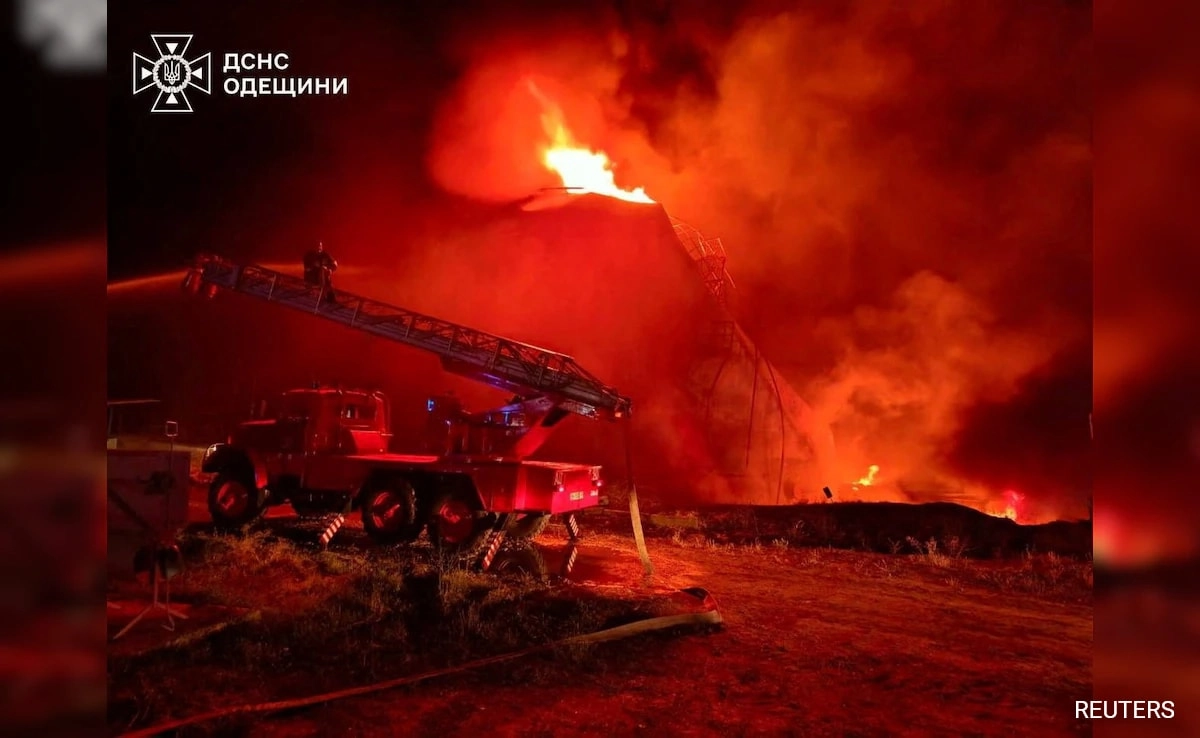The UK regulatory body responsible for online safety is set to investigate 34 adult websites for allegedly failing to comply with age verification requirements mandated by the recently enacted Online Safety Law. This legislation aims to create a safer online environment, particularly for minors, by imposing stringent rules on how adult content is accessed. The watchdog’s scrutiny reflects growing concerns about the accessibility of explicit material to younger audiences and the potential negative impact it may have on their development.
The Online Safety Law requires websites that host adult content to implement robust age-check mechanisms to ensure that visitors are of legal age before accessing such material. This initiative is part of a broader effort by the UK government to enhance the protection of children online, addressing the challenges posed by the digital age where explicit content is often just a click away. The 34 pornographic sites under investigation reportedly have not established adequate measures to verify the ages of their users, leading to potential violations of the new regulations.
As the investigation unfolds, it will serve as a critical test case for the enforcement of the Online Safety Law and the commitment of regulators to hold platforms accountable for their responsibilities. If these sites are found to be non-compliant, they could face significant penalties, which may include hefty fines or even restrictions on their operations in the UK. The outcome of this inquiry may also set a precedent for how similar cases are handled in the future, emphasizing the importance of maintaining stringent controls over access to adult content.
This move by the UK watchdog is indicative of a larger global trend towards stricter regulation of online content, particularly as governments grapple with the implications of the internet on society. The protection of children from inappropriate material is a top priority, and as such, the effectiveness of the Online Safety Law will be closely monitored. Stakeholders, including parents, educators, and advocacy groups, will be watching the developments closely, eager to see how these regulations might evolve and what measures will be taken to ensure compliance across various platforms.
In conclusion, the investigation into these 34 porn sites underscores the urgency of implementing effective age verification systems to safeguard minors from harmful content. As digital landscapes continue to evolve, the balance between freedom of expression and the protection of vulnerable populations will remain a critical area of focus for regulators, stakeholders, and society at large. The outcomes of this inquiry may not only impact the adult entertainment industry but also shape the future of online safety regulations in the UK and beyond.




